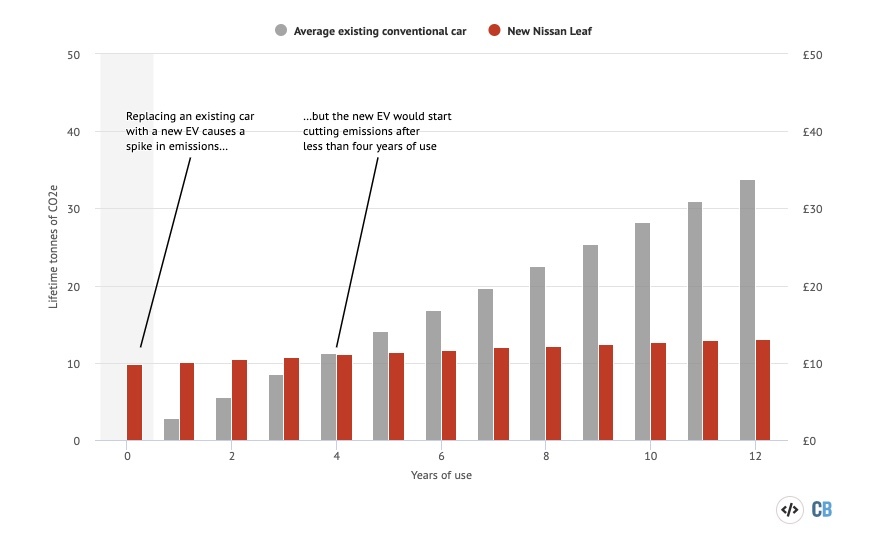Unless the regulations are about forcing automakers to release economy level cars (less than $35K) not just home-theater-on-wheeles models, this isn't going to change much.
As wages fall farther behind Canada's insane cost of living no one is going to be able to afford a new EV (or we will end up with 25 year car mortgages). So the financial elite will get their EVs while the rest of us are left to fight for a dwindling supply of used ICEs for which there will be no parts and no manufacture support.
We don't need EVs we need affordable EVs. Get rid of the fucking home theater in the dash, offer a basic interior with manual windows, locks and seats, make a car that doesn't cripple you financially.

